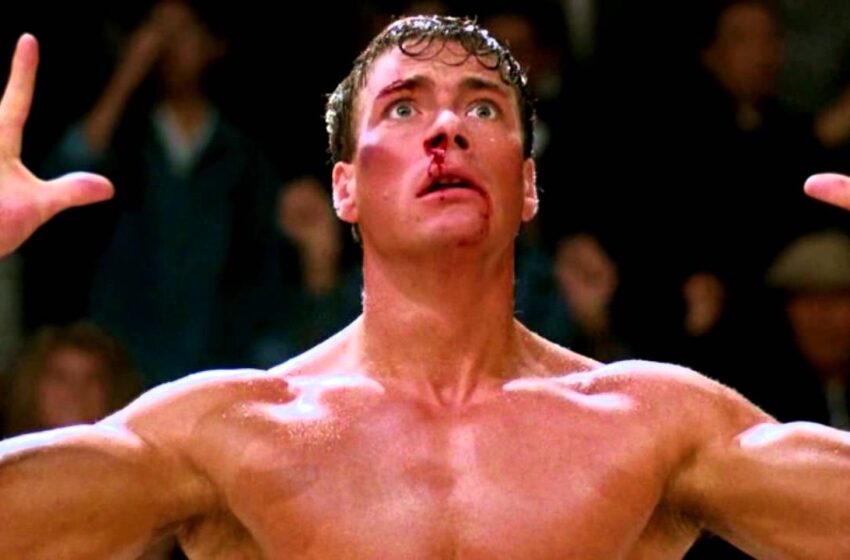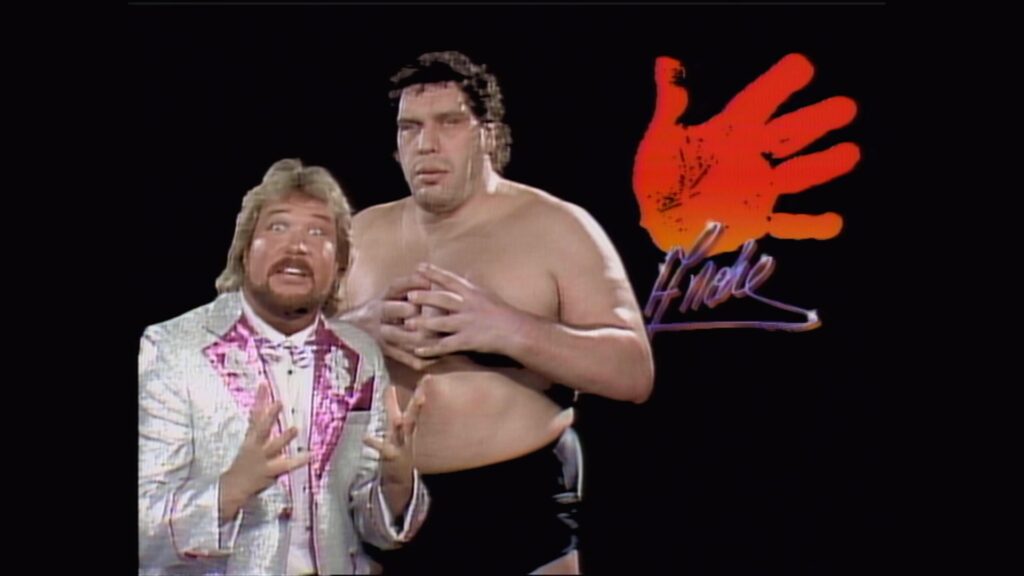
“Bloodsport” (1988): Liars and Fighters – Film Review

Bloodsport (1988) stands as a testament to a bygone era where martial arts cinema was unabashedly straightforward, and realism was often drop-kicked out of the nearest window for the sake of high-flying kicks and eyebrow-raising plot lines. The film, which supposedly draws from the life events of Frank Dux, a martial artist who claimed to have won a secret, no-holds-barred martial arts competition known as the Kumite, serves as Jean-Claude Van Damme’s breakout role. It’s a spectacle of sweat, muscle, and the kind of action that begs for you to suspend not just disbelief but all ties to reality.
Let’s start with the plot, which is thinner than the material of the combatants’ gi pants. Dux (Van Damme) is an American soldier who goes AWOL to honor his martial arts mentor by entering the aforementioned Kumite and proving his worth. The premise is a buffet for fight enthusiasts, with each match a different flavor of choreographed brutality set against the backdrop of a dimly lit Hong Kong arena.
It’s said that the film’s production was as troubled as a kickboxer on the receiving end of Van Damme’s infamous split. Arguments between the cast and the crew were rampant, and the real Frank Dux’s involvement as a fight coordinator often blurred the lines between reality and his own embellishments. If the rumor mill holds any truth, there were on-set injuries and squabbles that rivaled the film’s own brawls, and the final cut of the movie was salvaged from what was initially deemed a disaster by the film’s producers.
Director Newt Arnold brings a certain guileless charm to the table, turning what could easily be a mundane series of fight sequences into a kind of visual opera, where every punch and kick is a note in a symphony of violence. It’s difficult to tell where Arnold’s direction ends and where Van Damme’s penchant for exhibitionism begins, but the result is a character in Frank Dux that is as much a self-aggrandizing show pony as he is a martial artist.
The acting, much like a roundhouse kick to the head, is hard-hitting in its delivery but not necessarily in a good way. Van Damme emotes with all the subtlety of a sledgehammer, and his co-stars don’t fare much better. Yet, there’s an odd sincerity to their performances; they truly seem to believe in the machismo-fueled world they inhabit, which is either commendable or a sign of shared delusion.
Bloodsport’s fight scenes are the film’s heart, liver, and spleen. They’re bloody, over-the-top, and choreographed with a clear love for the spectacle of combat sports. Each fighter is a caricature of national stereotypes, from the sumo wrestler to the Arab fighter, each a broad stroke in the film’s international tableau. Van Damme’s signature splits and spin kicks are on full display, and while they do little to promote a realistic depiction of a fight, they certainly contribute to the film’s entertainment value.
A critical eye would be remiss not to mention the musical score, which is a pulsating companion to the on-screen action. Composed by Paul Hertzog, it provides an energetic backdrop that’s half workout montage, half 80s power ballad — a perfect match for Van Damme’s oiled biceps and pained facial expressions.
Cynics could argue that “Bloodsport” is a film where every punch thrown is an assault on the craft of filmmaking, and yet, there’s an undeniable allure to its madness. It has become a cult classic not for the story it tells but for the raw, almost naive way it approaches the genre. The film resonates with the part of the viewer that craves a simple tale of victory and valor, without the pesky interference of depth or complexity.
The film’s cultural impact, much like its protagonist’s victory, is a source of debate. Some see it as a progenitor of the modern mixed martial arts movement, while others view it as little more than a footnote in the annals of action cinema. What’s indisputable is that it launched Van Damme, muscles and all, into the stratosphere of action hero fame.
In essence, “Bloodsport” is a martial arts fairy tale, a kind of “Rocky” with roundhouse kicks. It’s the cinematic equivalent of junk food: you know it’s not good for you, it doesn’t try to be good for you, but you devour it with gusto all the same. Behind the scenes, the real Frank Dux’s claims have been largely debunked, but perhaps that’s fitting for a film that has always been more about legend than fact. In the end, “Bloodsport” remains standing, bruised but unbowed, a champion in the eyes of those who enjoy their martial arts with a hefty side of cheese.




